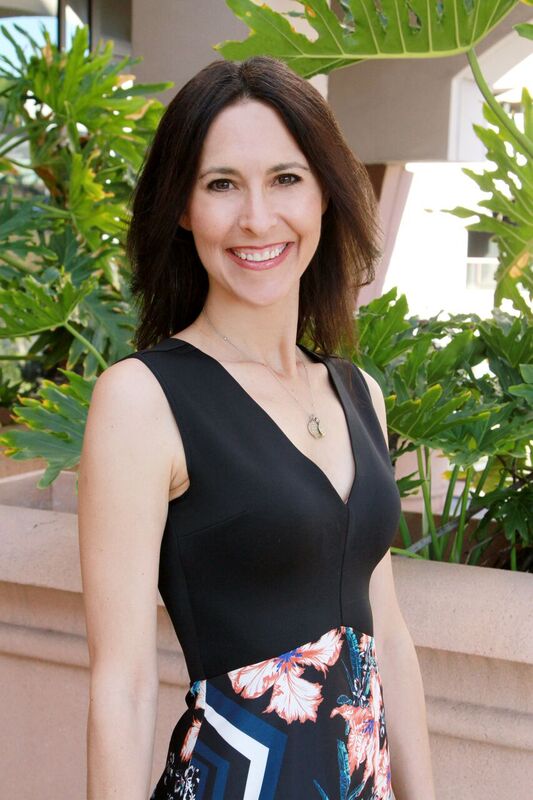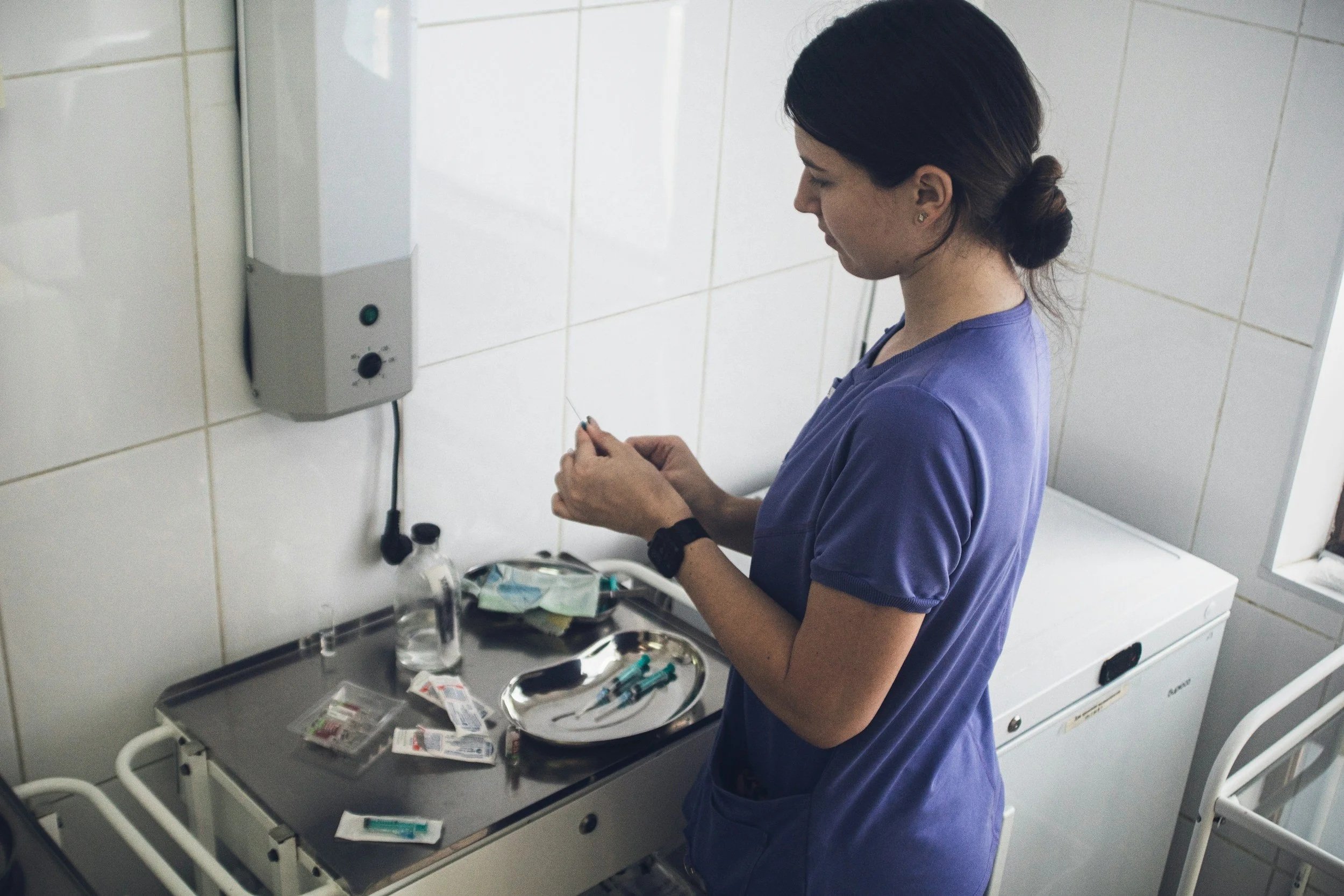Egg freezing is a medical process in which a woman’s ovarian follicles are stimulated to allow for multiple eggs to be produced in one cycle so that they may be retrieved and used for fertility preservation. While the specific medication protocol is personalized to the patient, you can become familiar with the most common medications used and how they work.
The most common medications used in an egg freeze cycle are:
Oral contraceptive pills (OCPs), or birth control pills, may be used at the start of the menstrual cycle, prior to starting the ovarian stimulation process with medications. The egg freezing cycle begins shortly after stopping OCPs. OCPs may be used to manipulate the timing of the egg freezing cycle to better fit the patient’s or clinic’s schedule. Ultimately, whether or not a woman is on OCPs leading up to the egg freezing cycle does not impact the final outcome of the cycle.
Lupron is a medication that is used frequently and in a variety of doses at different times during the egg freezing cycle. For example, some patients might start Lupron a week before their menses starts, while others may overlap it with OCPs before stimulation. Some patients might start it with their stimulation medications at the same time or use it to trigger prior to their egg retrieval. Lupron is most often injected to either cause a natural surge in the LH or FSH hormone which stimulates the follicles to grow, or to shut down the LH or FSH hormone and temporarily put the ovaries at rest. This, in effect, synchronizes the follicles to grow during stimulation with the fertility drugs and prevents ovulation or release of eggs prior to the retrieval.
Gonadotropins are made of FSH (follicle stimulating hormone) and LH (luteinizing hormone). FSH is used to help the follicles in the ovary grow, and the most common formulations on the market are Follistim and Gonal-F. Menopur has FSH in it and also LH. These are daily injections self-administered by the patient, usually for 9-12 days. The number of days and dosages are adjusted depending on patient response to the medications, determined by regular pelvic ultrasounds and hormone levels in the blood.
Gonadotropin releasing hormone (GRH) antagonists are used to prevent early ovulation. Cetrotide and Ganirelix are the most common injectable medications. These are started 4 to 6 days after the start of FSH medications and continue until the day of trigger.
hCG is the most common medication used to trigger the follicles for egg retrieval 34 to 36 hours after injection. It is timed specifically so that the eggs mature and do not release prior to when egg retrieval is performed. The hCG medication mimics an LH surge, which typically occurs in the middle of the menstrual cycle prior to ovulation. This is the hormone that can lead to ovarian hyperstimulation syndrome, or OHSS for some women. Learn more about OHSS.
Keep in mind that variations in medication protocols can make it challenging for patients when they compare their experience from physician to physician or patient to patient. Not all egg freeze cycles are the same, even though there is a common end goal of obtaining a good number of mature eggs to freeze so that one day they will be thawed, inseminated with sperm to create embryos, and transferred back into the uterus for implantation. Physician practice and training will influence what hormone testing and medication protocols patients will use to grow the most eggs with the best yield in the safest way possible per treatment cycle. If a patient chooses to do more than one cycle, their experience during a previous cycle will dictate if the physician uses the same protocol or makes modifications since there are a variety of fertility medications and protocols to choose from.

Dr. Alison Peck, M.D., F.A.C.O.G., Southern California native and practicing since 2006, is board certified in both obstetrics/gynecology and reproductive endocrinology/infertility (REI). Dr.Peck is also fluent in Spanish and Hebrew and has a special interest in Genetic Screening of Embryos and Fertility Preservation in Young Reproductive Age Women. Dr. Peck completed her specialty training in obstetrics and gynecology at the University of Southern California and her fellowship in reproductive endocrinology and infertility at the Albert Einstein College of Medicine, New York.
Learn more about about HRC Fertility on Freeze.
Answered by Dr. Roy Handelsman from HRC Fertility. Understand how ovarian cysts and ovarian surgery may impact the egg freezing process.
Answered by Dr. Rashmi Kudesia from CCRM Fertility Houston. Here’s a checklist for before, during, and after your egg freezing consultation, including 11 questions you should ask the doctor.
Answered by Valerie Shafran, MSN, FNP-C from Extend Fertility. Discover why fertility experts urge women to stop taking GLP-1 agonists before an egg freezing cycle.
Answered by Dr. Nidhee Sachdev from South Coast Fertility Specialists. Explore what AMH tells us about a woman’s ovarian reserve or how many eggs she has left.
Answered by Dr. Hade from Generation Next Fertility. Understand how egg freezing does not cause long-term weight gain yet there is a chance of transient bloating.
Answered by Rijon Charne, JD from Sunray Fertility. Explore what a reproductive estate plan entails and the situations where having one can make a big difference.
Answered by Rijon Charne, JD from Sunray Fertility. Learn more about the importance of clinic disposition forms, including what they do and don’t cover.
Answered by Rijon Charne, JD from Sunray Fertility. Discover the legal nuances that can shape your options when freezing eggs or embryos.
Answered by Dr. Joshua Klein from Extend Fertility. Learn how birth control relates to egg freezing and if you will need to stop your hormonal birth control before starting the procedure.
Answered by Dr. Jesse Hade from Generation Next Fertility. Discover the important factors that affect chances of egg freezing success in your late thirties.
Answered by Sidonia Buchtova, PA-C, C-RHI from Refresh Psychiatry. Understand if you can stay on an SSRI or SNRI when freezing your eggs.
Answered by Sidonia Buchtova, PA-C, C-RHI from Refresh Psychiatry. Discover tips to help support your mental well-being during preparation, throughout the cycle, and after your egg retrieval, especially if you have a history of anxiety.
Answered by Dr. Katharina Spies from Vida Fertility. Learn about who should consider supplements before and during fertility preservation, and how supplements could support your egg freezing cycle.
Answered by Dr. Serin Seckin from Generation Next Fertility. Understand the key differences to help you make an informed decision that aligns with your personal and reproductive goals.
Answered by Dr. Ido Feferkorn from the Reproductive Medicine Group. Learn how Polycystic Ovarian Syndrome (PCOS) may affect the egg freezing process and outcomes of fertility preservation.
Answered by Dr. Meera Shah from Nova IVF. Understand the potential risks of egg freezing to help you evaluate if it is right for you.
Answered by Dr. Hade from Generation Next Fertility. Learn from start to finish the entire process of what happens on the final day of an egg freezing cycle.
Answered by Dr. Sahar M. Stephens from Northern California Fertility Medical Center. Understand the probability of pregnancy based on the number of eggs frozen and the age at which you freeze.
Answered by Dr. Alison Peck from HRC Fertility. Discover which medications are commonly used for ovarian stimulation during an egg freezing cycle.
Answered by Dr. Kathryn Snow from Piedmont Reproductive Endocrinology Group (PREG). Understand the side effects that you may experience when freezing your eggs.
Answered by Lia Schiller, MSN, AGNP-BC from Extend Fertility. Learn why IUDs can stay in place throughout the egg freezing process.
Answered by Dr. Woo from HRC Fertility. Learn how some medications need to be stopped for an egg freezing cycle while some medications can be continued.
Answered by Dr. Dan Nayot from The Fertility Partners. Learn how artificial intelligence is providing women with more information than ever before about their eggs.
Answered by Dr. Joshua Klein from Extend Fertility. Egg freezing doesn’t impact your chance of getting pregnant naturally, because egg freezing makes use of eggs that would otherwise have been lost.
Answered by Dr. Dan Nayot from The Fertility Partners. Understand the distinction between egg quantity and quality, and explore how AI is transforming egg quality analysis.
Answered by Dr. David E. Tourgeman from HRC Fertility. Understand what options exist for what to do with your frozen eggs if you decide not to use them for IVF.
Answered by Dr. Armando Hernandez-Rey from Conceptions Florida. Learn about minimal stimulation egg freezing cycles and how they can decrease the risk of ovarian hyperstimulation syndrome.
Answered by Dr. Ido Feferkorn from the Reproductive Medicine Group. Find out how egg freezing medications work and how protocols can be adjusted if you can’t take estrogen.
Answered by Dr. Ido Feferkorn from Reproductive Medicine Group. Learn how egg freezing fits into the menstrual cycle and how timing can be customized.
Answered by Dr. Elena Santiago from Vida Fertility. Understand the ins and outs of egg freezing in Spain as a non-resident, including timing, costs, and more.






























